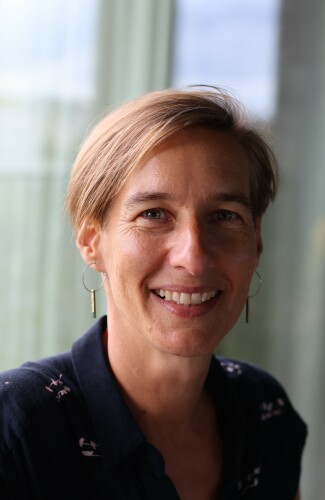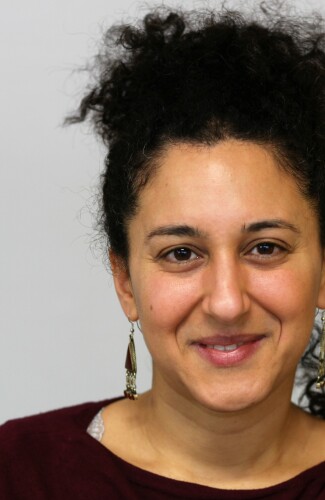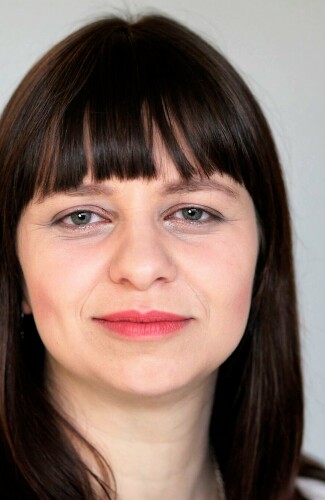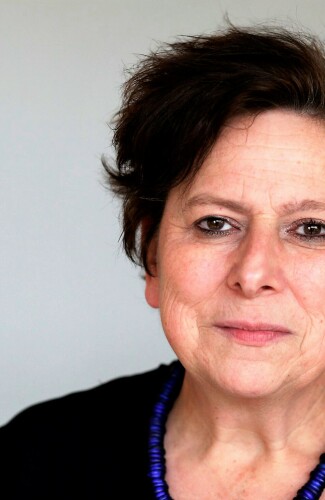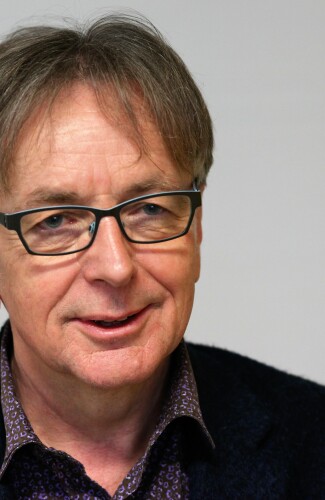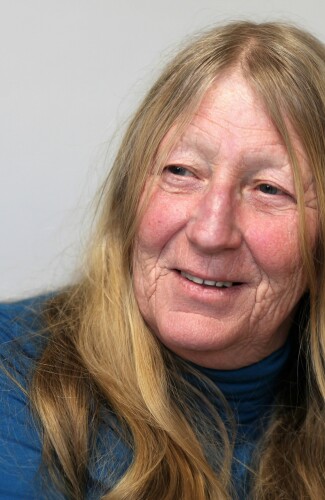NESET II
Neset II is a network of experts working on the social dimension of Education and Training. Neset II prepares studies and reports commissioned by the European Commission, with the aim of sensitising EU policy towards the most important socio-educational themes of today. This has a direct effect on the themes chosen by the EU Commission for the upcoming European calls for international projects.
As an ECEC expert, VBJK collaborates on many of these reports. Recently, in partnership with PPMI, we published two reports.
Report 1: 'Professionalization of Childcare Assistants'
This report has been carried on in 15 EU countries with the aim of gaining insight in the profiles and functions of ECEC employees with low or no qualification (assistants), who support teachers in daily tasks.
Assistants have a crucial role in the relationship with children and families, especially when taking into account the so-called caring tasks (feeding, putting in bed, going to the toilet...). Their role is seldom recognized in official policy documents and often perceived as not or less important.
This report points out the importance of their role, especially considering that 'education'and 'care' should always be intertwined. How is the role of assistants perceived in ECEC centres, by colleagues, children, families, themselves? Which qualification path is possible? How can they take part in continuous professional development, together with the teachers?
Together with PPMI we addressed these and other questions in our report for Neset II. Here you can download the report on 'Professionalisation of childcare assistents'.
Report 2: 'Transforming ECEC centers and primary schools in Professional Learning Communities'
This report gives an overview of interesting European experiences on Professional Learning Communities and gives an indepth view in four casestudies in Belgium, Croatia, Slovenia, Italy.
In a Professional Learning Community teams learn from each other and from the relationship with the community, the children, the families, other services. This is done through peer-learning, shared observations, reflection moments, working in broader networks etcetera.
The goal is improving the wellbeing and learning of children and families, through a coherent and enriching way of working that takes into account the whole environments in which children grow up (holistic approach).
Here you can download the report on 'Transforming ECEC centres and primary school in Professional Learning Communities'.
Report 3: 'Integrated Centres'
Download the report of the third research review for Neset II about Integrated Centres. Theme: integrated working for children from 0 to 6 years of age, and their families.
On 22 November 2018, the 3rd annual conference on “Strengthening Common European Values through Education. What does the Evidence tell us?” took place. Download the Powerpoint presentation of Hester Hulpia and watch the video of the conference.
Report 4: 'Governing Quality ECEC in a global crisis'
This report explores the different ways in which European Union Member States have attempted to ensure high-quality Early Childhood Education and Care for children and families in the era of COVID-19. The EQF (European Quality Framework) is used as lens for this analysis.
The data analysed in five countries / regions (Belgium-Fl, Croatia, Germany-Berlin, Sweden, Italy) show that ECEC played a crucial role in countering the negative effects of the pandemic on children, families and communities. However, compared with other levels of education, ECEC appears to have been one of the sectors most vulnerable to the policy decisions taken in response to the COVID-19 pandemic.
Report 5: 'Working with multilingual children and families in ECEC: guidelines for continuous professional development of ECEC professionals'
Multilingualism is a hot topic in ECEC. Therefore, we must dare to enter into dialogue with policies, supervisors, managers ... to strive for high-quality practice towards multilingual children and families. But how do you start? This report brings together recent research, policy and practice on multilingualism in the early years and professionalising staff.
Read the full report on the NESET website.
More information?
Do you want more information? Please contact info@vbjk.be.

